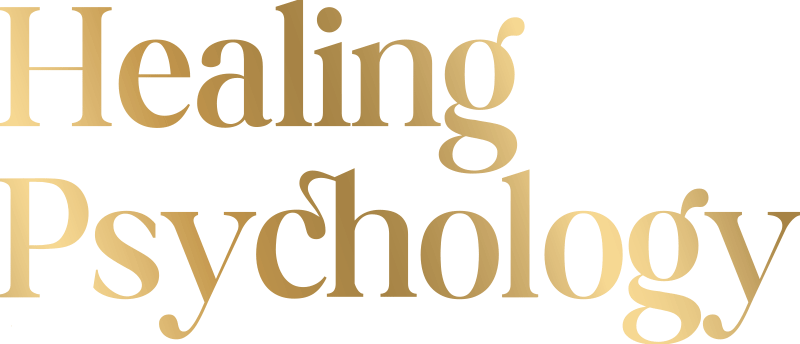Frequently asked questions
How much are sessions?
Sessions are $220 for a 60min session in person or online. $150 concession. Health rebates may apply, contact your private health insurer and ask if you are eligible for psychology. Medicare rebates may apply, for mental health care plans gap payments are approximately $120 per session or $50 concession.
Can you refer me to a psychedelic facilitator?
At this time in Australia legally the only way you can access MDMA or Psilocybin is if you have been assessed as having treatment resistant depression (Psilocybin) or Post Traumatic Stress Disorder (MDMA). You need to access a psychiatrist who is an authorised provider and able to administer the psychedelic.
Can you inform me of authorised prescribers?
Not many psychiatrists are able to provide this service at this point in time so contact your GP for more information.
Do you support people who are travelling overseas for psychedelic experiences?
Yes, I offer guidance around preparation for the experience and integration afterwards. Many overseas experiences do not have the capacity or awareness to provide throughout assessment, preparation and integration.
How do you support clients?
I provide harm minimisation strategies and skill development for people consuming psychedelics in Australia, including integration and support for challenging phenomena that people have difficulty integrating afterwards.
Are psychedelics legal in Australia?
MDMA and Psilocybin have been down scheduled by the Therapeutic Goods Administration (TGA) as of July 1 2023. Psychiatrists authorised under the TGA’s Prescriber scheme are able to support access to these specific psychedelics for people with specific conditions. Psilocybin is potentially accessible for people with depression that have tried other therapies, including anti-depressants and MDMA is potentially accessible for people with PTSD whom have also tried to treat it with other therapies but have been unsuccessful.
How do you calm kids down?
Nurturing children by helping them to learn to pay attention to what is happening in their bodies, identifying their feelings and learning to self-soothe can be important in helping kids learn to calm down.
The calm cards provide more than 50 different things a child can do to calm themselves down. Some of these require the support of a parent such as ‘Go to the Playground’ but others the child can do alone such as ‘Take deep breaths’ or ‘Squeeze a stress ball’. The more that they practice the action of doing something to feel better, the more automated the process can become and the child learns to trust their own capacity to manage their emotions and feel empowered to handle them. Essentially, leading them into a space where they feel more able to handle difficult emotions and can help them to calm down more efficiently.
